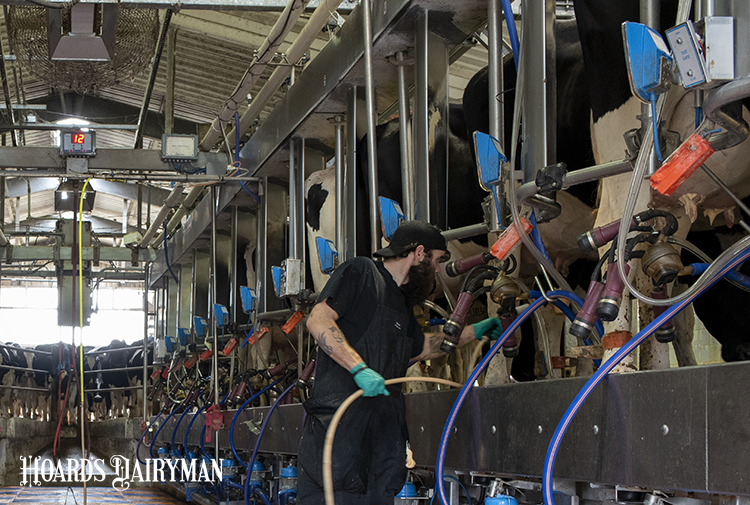
“I decided to modify the protocol a couple of weeks ago” were the words of a novice employee from another group performing some analyses in my laboratory. The scenario was very concerning. The instrument was leaking large amounts of chemical solution, the employee was not wearing any personal protective equipment, and this employee openly disclosed having adapted the standard operating protocol (SOP) in the past. Among many other things, one question I asked was, “Who trained you?”
A few months ago, I highlighted the importance of having detailed and written protocols so that new employees can easily perform tasks when labor turns over. I am still convinced that having these protocols is critical. However, are good protocols useful enough when there is no training?
In his book, The Four Elements of Successful Management, Don Marshal highlights direction as one of four keys to manage labor effectively. Direction implies that proper training is needed to ensure employees can succeed in performing their tasks. In this regard, having a well-written protocol is not sufficient for successful performance because protocols can still be misinterpreted by the trainees. I recall an instance during a training this past month when I had to stress to an employee that protocols are to be followed as written and not subjected to modifications.
Two opposite styles of training exist. One is where direction is absent, and the other is where direction is excessive. The latter is conservative and sometimes expensive in the short run. After all, it is the manager’s time that is at stake.
The former, however, is more liberal and less expensive for the manager in the short run. That being said, the consequences of a lack of training can be substantial and catastrophic. In the long run, how beneficial can a “no training approach” be if economic losses occur due to tasks performed inefficiently or ineffectively or if an employee suffers an accident due to a lack of training?
What is your approach as a dairy manager to train your new employees?








